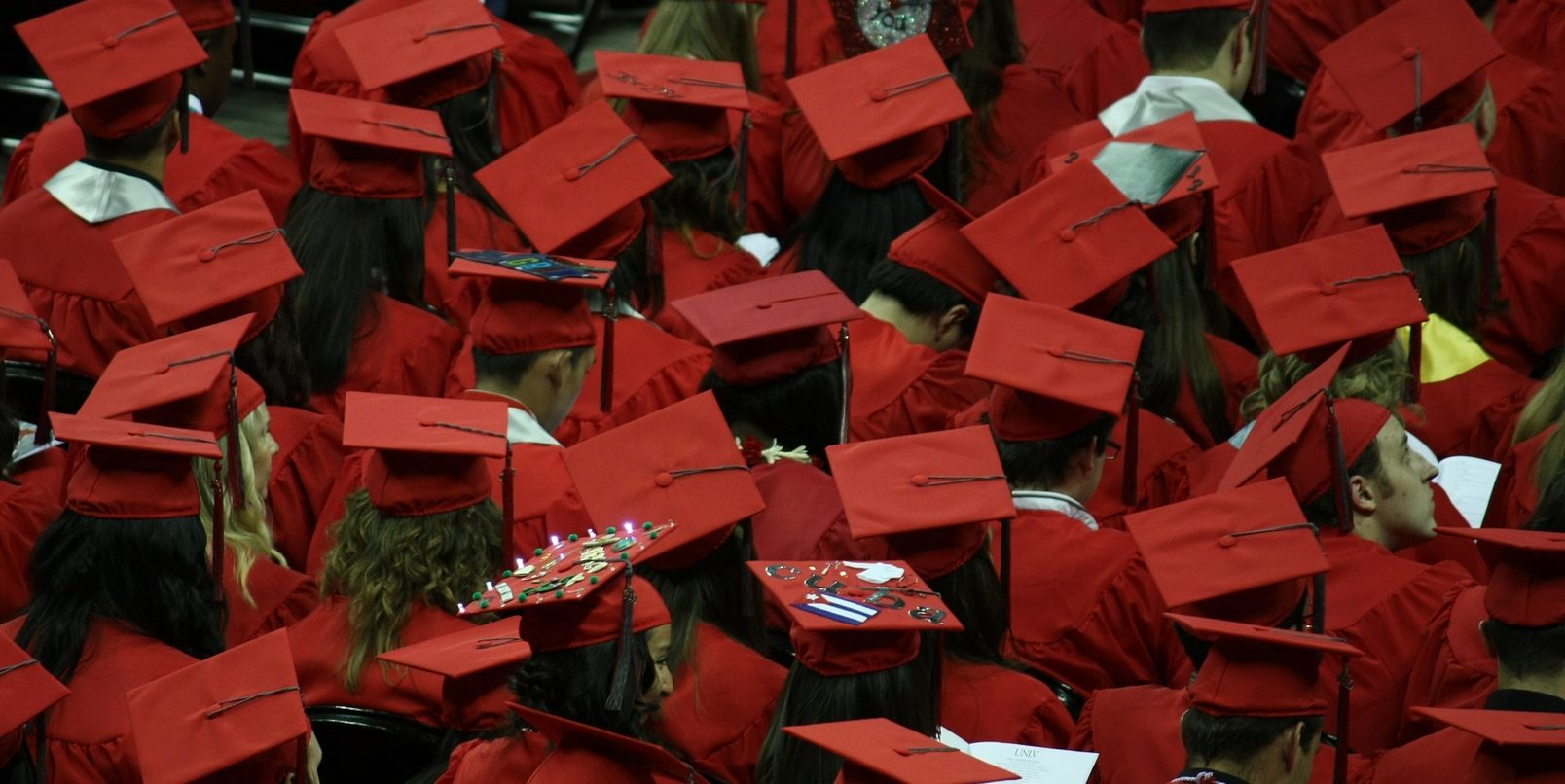Students Urge University System To Switch To Pass/Fail Grading System As Semester Ends

Georgia college students said inequity between students from different socioeconomic backgrounds remains. That makes it harder for lower-wealth students to participate in online learning, they said.
Pixabay Images
Georgia’s public colleges and universities, like most in the U.S., switched to an online learning format in March due to the coronavirus. However, unlike many public college systems, Georgia schools didn’t shift to a pass/fail grading system. Some students, faculty and lawmakers are urging the Board of Regents to reconsider.
The University System of Georgia considered switching to optional pass/fail grading, but decided against it. In its original statement, USG officials said they were confident students will rise to the challenge of completing assignments online and in times of adversity “we should reach higher, not lower.”
That didn’t sit well with students like Briana Hayes. She attends the University of Georgia and heads up a group called “USG Students 4 Grade Reform.”
“This is an issue that disproportionately impacts students from marginalized and underprivileged communities,” Hayes said. “It’s not about our ability to work harder.”
Since its original statement issued in March, USG revised its position to the following:
The Board of Regents of the University System of Georgia has no higher priority than ensuring the health, safety, and success of our students, faculty and staff.
The Board decided to keep standard letter grading systemwide only after careful consideration of the potential long-term impacts to our students from a shift pass/fail grading. Those factors included eligibility for financial aid and scholarships, admission to graduate school, and professional licensure.
These are truly unprecedented times, and we understand some of our students may be experiencing significant hardships. However, we are working hard to connect those students with critical resources. Despite the temporary shift to online only instruction, our institutions’ academic support networks remain intact and strong. We encourage our students to reach out to advisors, tutors, and faculty. The USG has also offered a significant number of resources to expand access to physical and mental health services, technology, and internet connectivity.
The Board is confident the university system and our institutions will do everything in their power to help every student succeed. We trust our faculty to teach and grade students effectively, while also being compassionate and understanding of the life challenges we all find ourselves navigating now and in the months ahead.
However, on a call with state lawmakers, Georgia college students said inequity between students from different socioeconomic backgrounds remains. That makes it harder for lower-wealth students to participate in online learning, they said.
“We’re saying that we’re all in the same boat, but some of us are in yachts, and some of us are in dinghies,” said UGA law student Alanna Pierce.
Students said they’ve heard stories of their peers who have driven around their towns looking for places that offer free Wi-Fi. They said some students who live out of state wake up as early as 3:30 a.m. to attend mandatory lectures and some of their classmates don’t have the supplies they need because they couldn’t return to campus to get it after spring break. All of these issues could affect students’ grades, they said.
In addition to students, some professors are concerned about sticking with traditional grading during unprecedented times. Timothy Hedeen is a professor of conflict management at Kennesaw State University. He says the coronavirus itself could affect a student’s performance.
“What about the idea that you live in debilitating fear of contracting the virus?” he said. “What about the idea that one of your parents is in a nursing home where there’s been a discovery of someone with COVID? I mean, there are so many factors that I think will weigh on someone’s ability to conduct school as usual.”
Hedeen says teaching online has its limits. For example, he usually teaches a unit on mediation this time of year. He asks professional mediators to come to his classes and evaluate his students’ skills. This year, he won’t be able to do that.
“No faculty member is able to bring the resourcefulness to grading that they would in a normal situation,” Hedeen said. “It’s unfair to both the faculty, and more so the students, to be held to the same standard or some adjusted standard. Then what does the grade represent over time? There’s no comparability to what’s happening now to what’s happened a year ago.”
Ciera Thomas, a pre-med student at UGA, said online learning isn’t the same as in-person classes, especially when it comes to science.
“I just finished up a Chem[istry] lab… and it was a very different experience, obviously, taking that class online because I’m not performing the experiments,” she said. “I’m watching a YouTube video of someone else performing them and then trying to take a final and write a lab report on that. The observations aren’t my own. The data isn’t my own. I’m not doing any of that myself.”
Some students are also worried that if they make lower grades this semester they could lose scholarships, including HOPE. To apply pressure, they’ve petitioned the Board of Regents.
University officials aren’t likely to change their minds, and time is running out for students. Many colleges are finishing exams this week.
Students say they’re only asking for pass/fail grades this semester because no one expected the pandemic to hit. By the fall, they say, students should have more time to prepare.








